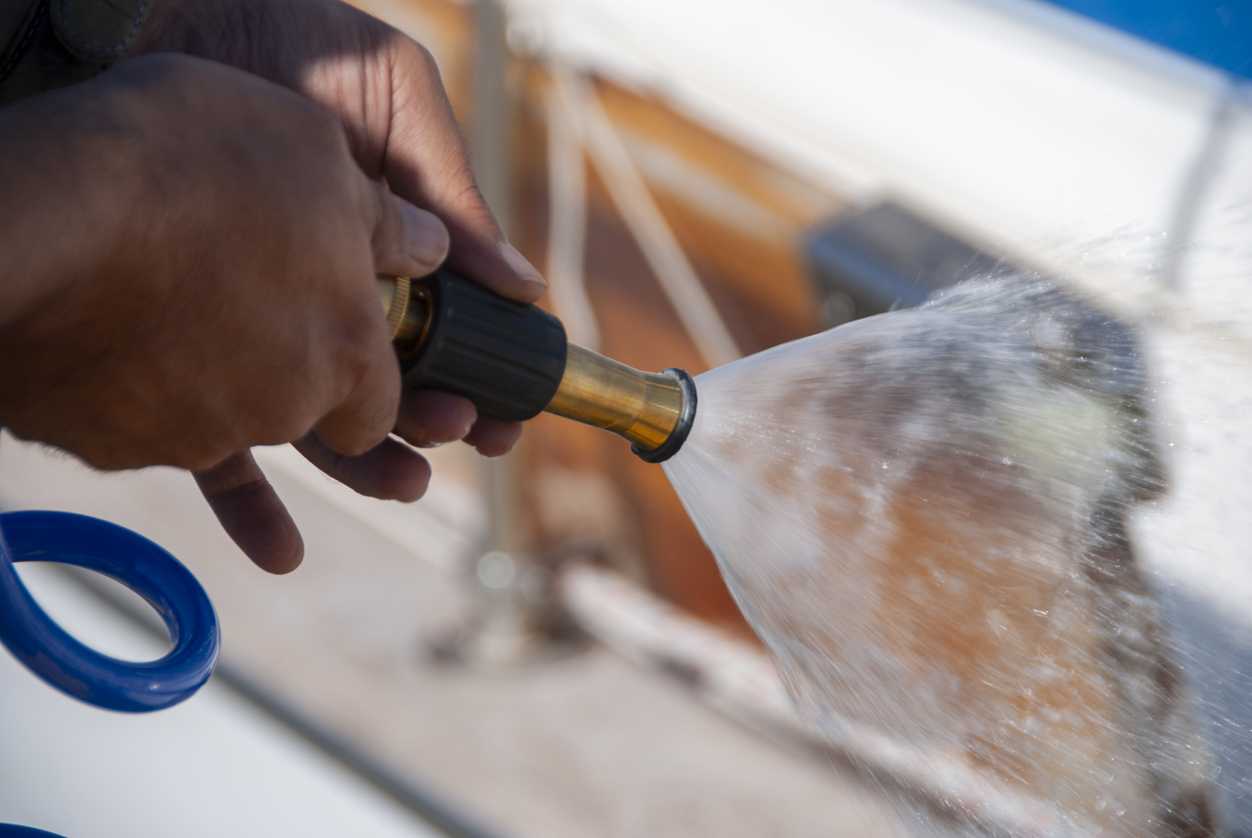
Understanding USL&H Risks During Pre-Summer Marina Openings
May 8, 2025
As the pre-summer scramble kicks off, marinas rush to complete dock cleaning, electrical and fuel checks, dredging, and staffing while managing the risks tied to USL&H. This busy period increases the chance that land-based workers will be exposed to hazards near the water, making proper coverage essential.
Marinas hiring seasonal workers must evaluate whether their policies include adequate USL&H insurance to avoid costly gaps. Reviewing USL&H coverage now can help avoid compliance issues and delays once peak boating season begins.
From slips and falls to equipment injuries, land-based marina workers face serious risks when their duties bring them near or over navigable water. These exposures often fall outside standard workers’ comp policies, creating liability gaps for employers.
USL&H coverage is designed to fill those gaps, protecting both workers and marina operators from costly claims.
What Does USL&H Cover?
USL&H refers to the United States Longshore and Harbor Workers’ Compensation Act, a federal law that provides compensation for maritime workers injured while working on or near navigable waters. It applies to land-based employees such as dockworkers, mechanics, and marina staff who support maritime operations. USL&H coverage ensures these workers are protected when standard workers’ comp doesn’t apply.
During the pre-summer rush, marinas often expand operations and bring on additional staff to handle increased activity. This surge raises the likelihood that land-based employees will work near the water, triggering potential USL&H exposure. Having proper USL&H coverage in place is critical to managing these risks and keeping operations running smoothly.
Pre-Summer Marina Hazards To Watch For
The seasonal push often involves electrical work, fuel line checks, and slipway maintenance — tasks that expose workers to shocks, burns, and falls. Temporary hires and inexperienced workers may be unfamiliar with safety protocols, increasing the risk of accidents like fuel spills or equipment misuse.
Common injury scenarios include slips on wet docks, electrical burns during repairs, and back injuries from lifting heavy gear without proper training. To reduce summertime risks, marinas should enforce non-slip footwear, confirm all electrical systems are de-energized before work, and provide lift-assist tools or training for heavy handling tasks.
Why Agents Should Proactively Discuss Coverage Now
Spring is a window of risk often overlooked as marinas ramp up operations ahead of peak season.
Many recreational marine businesses don’t realize that land-based workers performing tasks near the water may trigger USL&H requirements. For this reason, it’s important to confer with your clients to update them on current developments in USL&H insurance.
Partner With Merrimac To Reduce Marina Liability
Merrimac has deep expertise in seasonal marine risks, helping clients navigate exposures like USL&H with confidence.
Whether you’re hiring dockhands or expanding services, Merrimac can tailor USL&H insurance to match your specific operational needs. Our team understands when USL&H coverage applies and how to structure it for seasonal businesses.
Now is the time for insurance agents to educate marina clients on seasonal risks and coverage gaps they may be overlooking. Understanding when USL&H applies can help prevent costly claims and compliance issues during peak operations.
Contact Merrimac Marine Insurance for tailored solutions that align with your client’s specific needs. Our expertise ensures your clients receive the right protection for seasonal maritime risks.
About Merrimac Marine Insurance
At Merrimac Marine, we are dedicated to providing insurance for the marine industry to protect your clients’ businesses and assets. For more information about our products and programs, contact our specialists today at (800) 681-1998.
